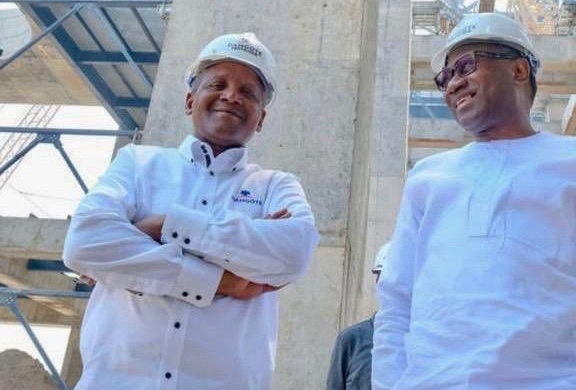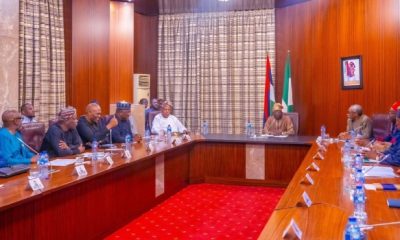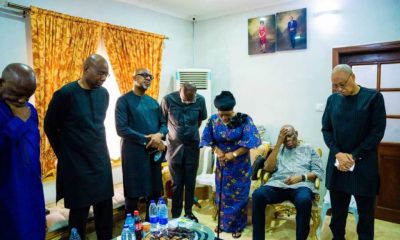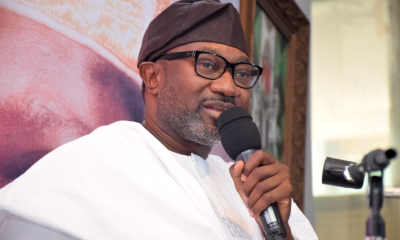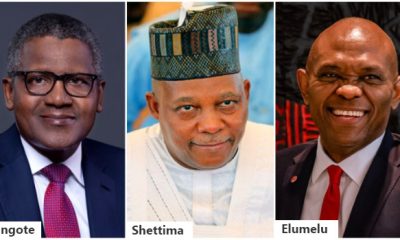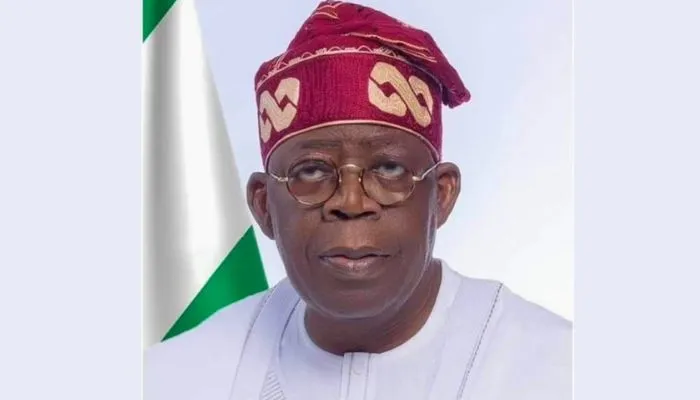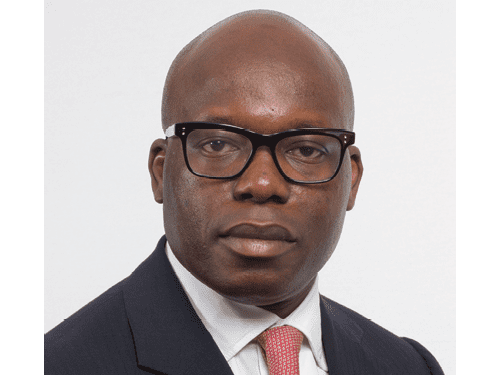Chairman of Geregu Power, Femi Otedola, has been ranked the 20th richest person in Africa by Forbes.
The publication listed Otedola with a fortune of N1.1 billion, as four Nigerians make the list of Africa’s top 20 richest people in 2024.
According to Forbes, the fortunes of Africa’s wealthiest people “have rebounded slightly in the past 12 months, reversing the decline in their fortunes from a year ago, though they are still off their all-time highs”.
It said the 20 billionaires have a combined wealth of $82.4 billion — up $900 million from $81.5 billion in 2023.
The gain, Forbes said, can be attributed to the return of Otedola, who last appeared on the list in 2017 when he held a controlling stake in Forte Oil — now Ardova Plc.
“Otedola phased out his oil investments during a government push to privatize the country’s energy business in 2013, using a Forte subsidiary to purchase Geregu, a public power generation plant,” the publication said.
“He owned about 90% of Geregu when it was listed on the Nigerian exchange’s Main Board in 2022, but has since sold shares to institutional investors, which include Afreximbank’s Fund for Export Development in Africa and the State Grid Corporation of China.
“His 73% stake in Geregu is worth more than $850 million, about three-quarters of his $1.1 billion fortune, which puts him at No. 20 on the list.”
After taking Otedola’s comeback into account, Forbes said Africa’s billionaires dipped slightly but fared better than the 4 percent drop in 2023 when African stock markets sank in tandem with global equity values.
“This year, African equities joined a late-year global rally, with the S&P All Africa index rising 10% in the final two months of 2023 but still ended down more than 9% in the 12 months through January 8, 2024.”
In the ranking, South Africa claimed six spots, followed by Egypt with five and Nigeria accounting for four.
Algeria, Tanzania, and Zimbabwe each have one billionaire on the list, while Morocco has two.
DANGOTE’S WEALTH RISE $400M TO $13.9BN
Aliko Dangote, Mike Adenuga and Abdulsamad Rabiu were named as the top three richest Nigerians in 2024.
Dangote, whose fortune rose $400 million to $13.9 billion, claimed the ranking’s first spot for the 13th year in a row.
The report noted that this is despite the political uncertainty following the February presidential election and a devaluation of the naira in 2023 that offset the rising share price of Dangote Cement.
“South African luxury goods magnate Johann Rupert held onto the No. 2 spot with $10.1 billion, down from $10.7 billion in 2023 as shares of his Compagnie Financiere Richemont–maker of Cartier watches and Montblanc pens – slid,” Forbes said.
“South African Nicky Oppenheimer, who formerly ran diamond mining firm DeBeers before selling it to mining firm Anglo American a decade ago, ranks No. 3, with $9.4 billion, up $1 billion from 2023 . Thirteen of the billionaires added to their fortunes this year, while seven saw their net worth decline.
“South Africa’s Christoffel Wiese, who rejoined the ranking last year at No. 18 with $1.1 billion after rebounding from an accounting scandal, holds onto his no. 18 rank with a $1.2 billion net worth, thanks to rising shares of his largest holding, Shoprite, and the spinoff of food business Premiere Group from Brait PLC.
“Wiese also cashed out on $50 million worth of Shoprite stock in October, reducing his stake in the supermarket chain.
LIST OF TOP 20 RICHEST PEOPLE IN AFRICA
Aliko Dangote — $13.9 billion
Johann Rupert & family — $10.1 billion
Nicky Oppenheimer & family — $9.4 billion
Nassef Sawiris — $8.7 billion
Mike Adenuga — $6.9 billion
Abdulsamad Rabiu — $5.9 billion
Naguib Sawiris — $3.8 billion
Mohamed Mansour — $3.2 billion
Koos Bekker — $2.7 billion
Patrice Motsepe — $2.7 billion
Issad Rebrab & family — $2.5 billion
Mohammed Dewji — $1.8 billion
Strive Masiyiwa — $1.8 billion
Aziz Akhannouch & family — $1.7 billion
Othman Benjelloun & family – $1.4 bilion
Youseff Mansour — $1.3 billion
Yassen Mansour — $1.2 billion
Christoffel Wiese — $1.2 billion
Michiel Le Roux — $1.1 billion
Femi Otedola — $1.1 billion

 News3 years ago
News3 years ago
 Entertainment2 years ago
Entertainment2 years ago
 News3 years ago
News3 years ago
 Privacy3 years ago
Privacy3 years ago
 Sports2 years ago
Sports2 years ago
 Entertainment2 years ago
Entertainment2 years ago
 News3 years ago
News3 years ago
 Opinion3 years ago
Opinion3 years ago
